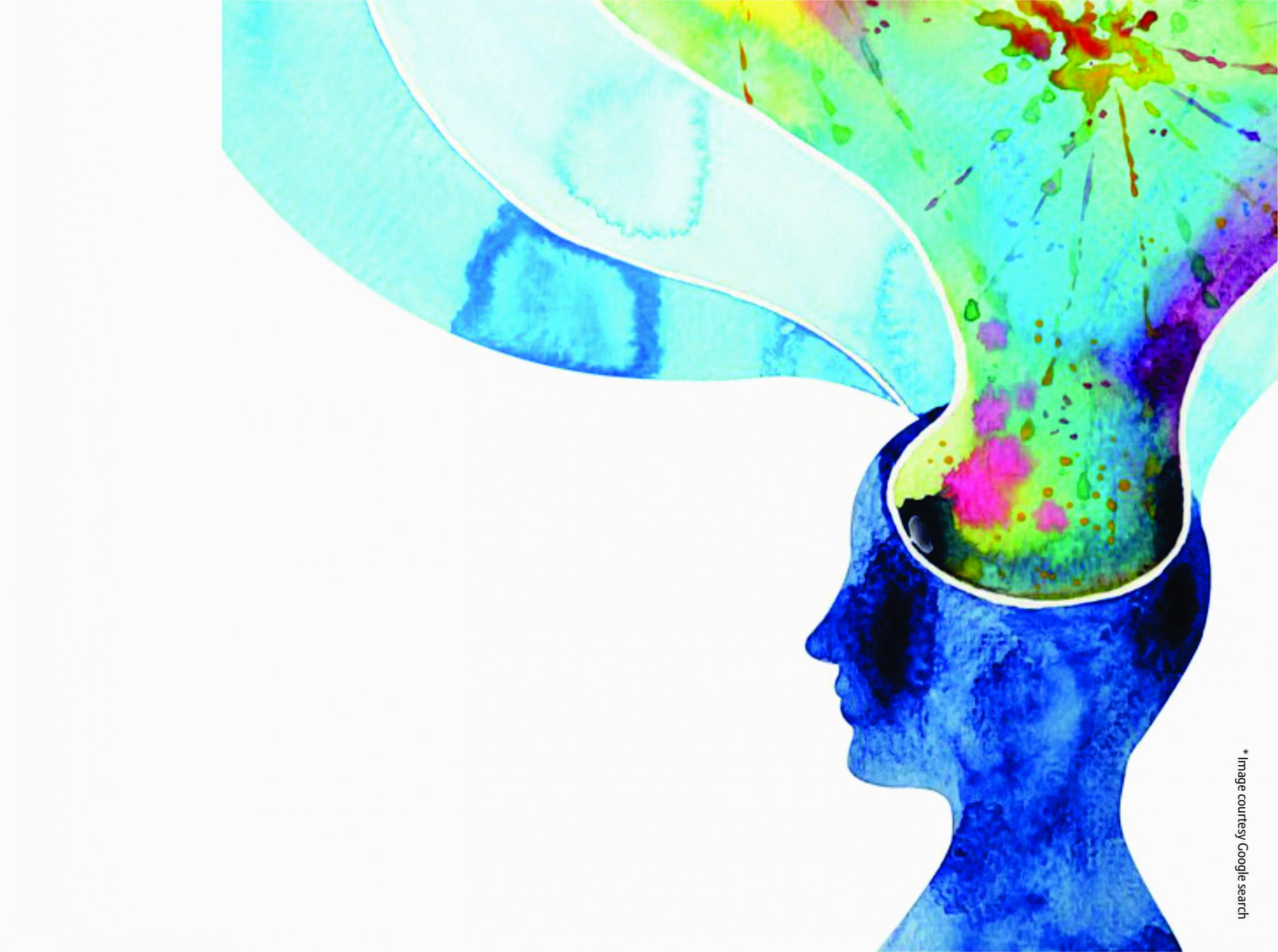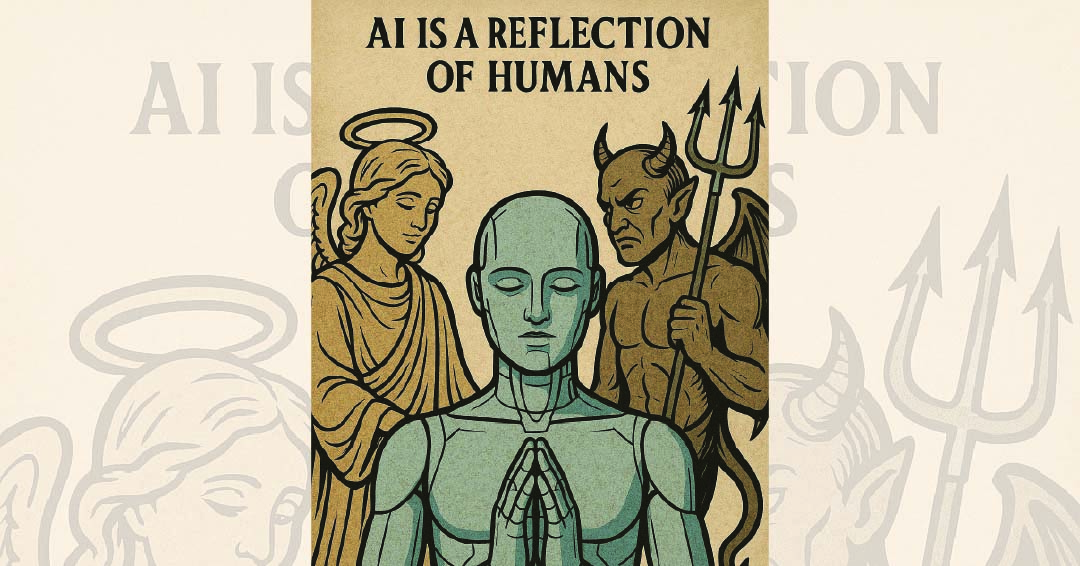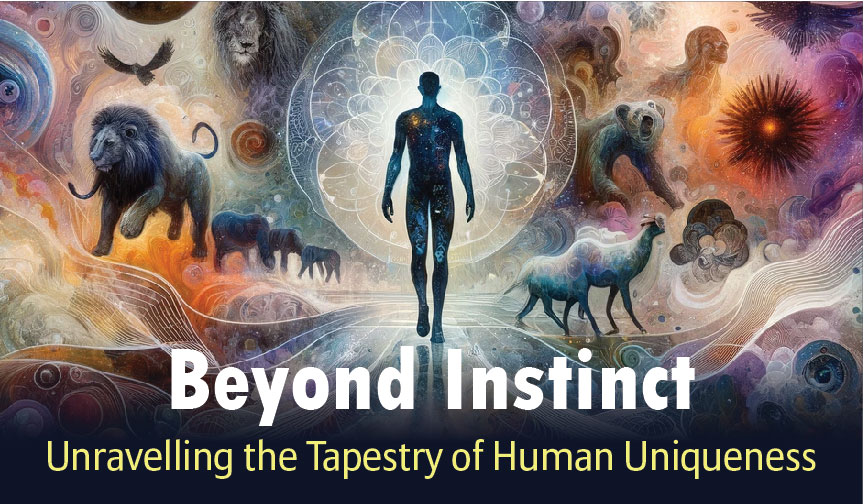Being Mentally Healthy

You can also listen to this blog belowNew
One of my colleagues was discussing with me about how difficult it is these days to manage everything, since everything has to be managed on the go! He was leaving for the day, and said he hoped to catch up enough sleep so that he could go to the morning marathon training session. Once home, he would have to go through his mails again; check his social media feed; catch up with his distant family on whatsapp - before finally putting the phone to rest, to get up at 5 in the morning and join the nearest marathon training ground - his conscious effort towards ensuring physical wellbeing. This got me thinking. Today, at a physical level we know that if we must keep ourselves fit, we sign up ourselves to gym memberships, diet coaches, yoga classes, and get to train our bodies to attain a better physical state. We know for a fit body – training is required, since all the previously unused muscles need to be revitalized, and need to be activated, step by step, to deliver the chosen tasks. Nobody runs a full marathon on Day1 itself. We set practical targets, a beginner will run a 3 km, while a pro would run a full marathon – and we will also register for training sessions.
But when it comes to activation of the mind, when it comes to mental health, this concept goes for a toss. Nobody teaches us to train our brain muscles to start off by running the shorter miles. We are made to force uptake all the information at one go, mails, meals, updates from friends we haven’t talked to in years, 3 family groups, 10 office groups, 15 various other groups – most of which are muted, but you are a part of all the chatter, although passively. You feel its passive, but nothing is passive for the brain, for your subconscious – nothing goes unregistered. And with all the information overload, with the urgency to catch up, to be aware, to deliver real time, competing with AI bots – we are running the hamster wheel, to the point of exhaustion and mental breakdown. And then they call the generation – a snowflake one, one that breaks down easily, one that is so used to instant gratification, that they cannot see the beauty of the break, the pause, the delay.
Long back in India, they used to practice mindfulness, where the task at hand was done with full awareness. There was beauty seen in waiting for something till the time is right. But today with the society rooting for multi-taskers, and fervent hashtag users, multi-taskers are hoarded as the new winners. “Learn to multi-task!” will be a common adage we would have all heard from our bosses. And often we grumble to ourselves – “but I am not a machine!” The stress gets passed down the hierarchy, adding anxious hands and brains to work. I read in a recent research that top executives are 500% more productive when they’re in a state of flow, or deep focus, compared to when they aren’t. But a multi-tasker cannot reach this state of flow because of the distractions around, the mails would be open when he/she is on a client call, or the next quote will be being generated while the previous case is being attended to. The social media feed will always be checked – a new world addiction – wherein an average person checks his Instagram feed at least 150 times a day. Today there’s an unlimited access to advice, 24/7 news cycle, academic knowledge & expert opinions, despite your where, when, how, and whom! Information overload is inescapable. And despite closing on an app, or quitting reading an info, lingering thoughts remain. It becomes difficult to attain the flow, it becomes difficult to block out the distractions – making undivided attention – an untamable beast. We have become hungry for gratification, which only fuels the next level of gratification, with no end in sight.
I ardently believe it is not much difficult to attain the state of flow if you can manage a control over your tech addiction and create a focus friendly environment for yourself. For starters you can research and try the Pomodoro technique - focused work for a fixed amount of time and then taking a break. Try and not make the break about checking your social media feed. The break can be rather taking a small stroll, getting up and drinking water, engaging with someone around you etc. A real break takes your mind away from what you’re doing completely, giving it the ability to reset before you hit the desk again. You also need to put a check on how much information you consume in a day. In the early days, before speaking, people used to put their speech to test by asking themselves – is it true, is it necessary, is it kind. Today, one needs to ask the same to themselves while consuming any online content - is it true, is it necessary, is it kind. This is necessary to keep our mental space clutter free. Take time out to meditate, and by that, I mean just shut your eyes for 10 mins in the day; take deep breaths in and exhale slowly whilst being mindful of each breath. This will help unleash the power of now and make you self-aware and at the same time deep breathing relaxes you and reduces anxiety. This has worked for me, and I hope it does for you as well. Being grateful for what you have goes a long way towards mental peace, as much as it might be. There is not little or more, it’s all a state of mind which makes us grapple with our level of satisfaction. Whatever you do have, be grateful for it. More than anything do not forget to laugh, and seek simpler joys in life, it is indeed the best medicine and it costs nothing.
Also, you need to realize that you’re not alone in this rut. From CEO’s to executives to artists to teenagers – it plagues everyone. So, go easy on yourself. Above all else, I believe, we need trainings and expert advises on practicing being mindful - in schools, organizations, and our homes. We need to have declutter rules which would help develop our focus muscles – eventually leading to better mental health. We need to inculcate within us – space for ourselves, we need to train ourselves to run this information overload marathon. We need to create platforms where this can be discussed openly, where one can share their before/after mental muscle development success stories! Mental health is a global issue today, with a very local solution – it starts with you, us, and the community. Let’s train together!
About the author

Tapan Singhel is the MD & CEO of Bajaj Allianz General Insurance Company Limited. This blog has been initiated by him so that he can directly interact with all the valuable customers and employees of this company.
 Service Chat:
Service Chat: 




I haven't read such an original and beautiful writing from last so many years We are always short of time and was just wondering how you can take out time for blog writing at such regular intervals.I read all your blogs and tweets and could feel the positivity of your personality but was wondering how your actions contrast your thought process
Respected Sir- would like to share my views regarding this. "Mental Health" is a major concern.. many of us would have gone through such a phase in our lives but we never acknowledge it.. may be out of shame.. However of late few well known people who went through this and could manage to overcome the phase of mental illness (anxiety/depression) , acknowledged it..upon which many people could relate to their own experiences and opened up. Activation of mind is extremely important..but we should understand our minds and not just follow others.. we all know what we love and whom we love.. accordingly we need to figure out what food our minds need. We should be with people we love to talk with.. Listen to music/songs we love.. Play/watch sports we enjoy.. Read books we like.. Cook,sing,dance, exercise,watch movies/shows or do anything we love to do.. Do some charity/visit old age homes/orphanage anything that makes you feel good. Look good, love yourself,eat right,sleep right, your mind will blossom with positivity and will definitely give a boost to our mental well being. A person who doesn't enjoy running would definitely have difficulty in getting up for the marathon training sessions.. whereas people who love running would eagerly wait for the training sessions and enthusiastically be a part of the same. Yes ..the younger generation is good at multitasking.. not all but most of them.. these guys take it up as a game and enjoy the process of multitasking and after completing the various tasks in the given timelines they get the feeling of winning a game..others may not be good at multitasking but specialist in something in particular.. they would be lost if they try multitasking and would just manage to finish the tasks in hand rather than completing them. Hence I believe one should be aware about his/her interest and choose his/her careers accordingly so that they could lovingly get involved in what they are supposed to deliver and the results would definitely be excellent.